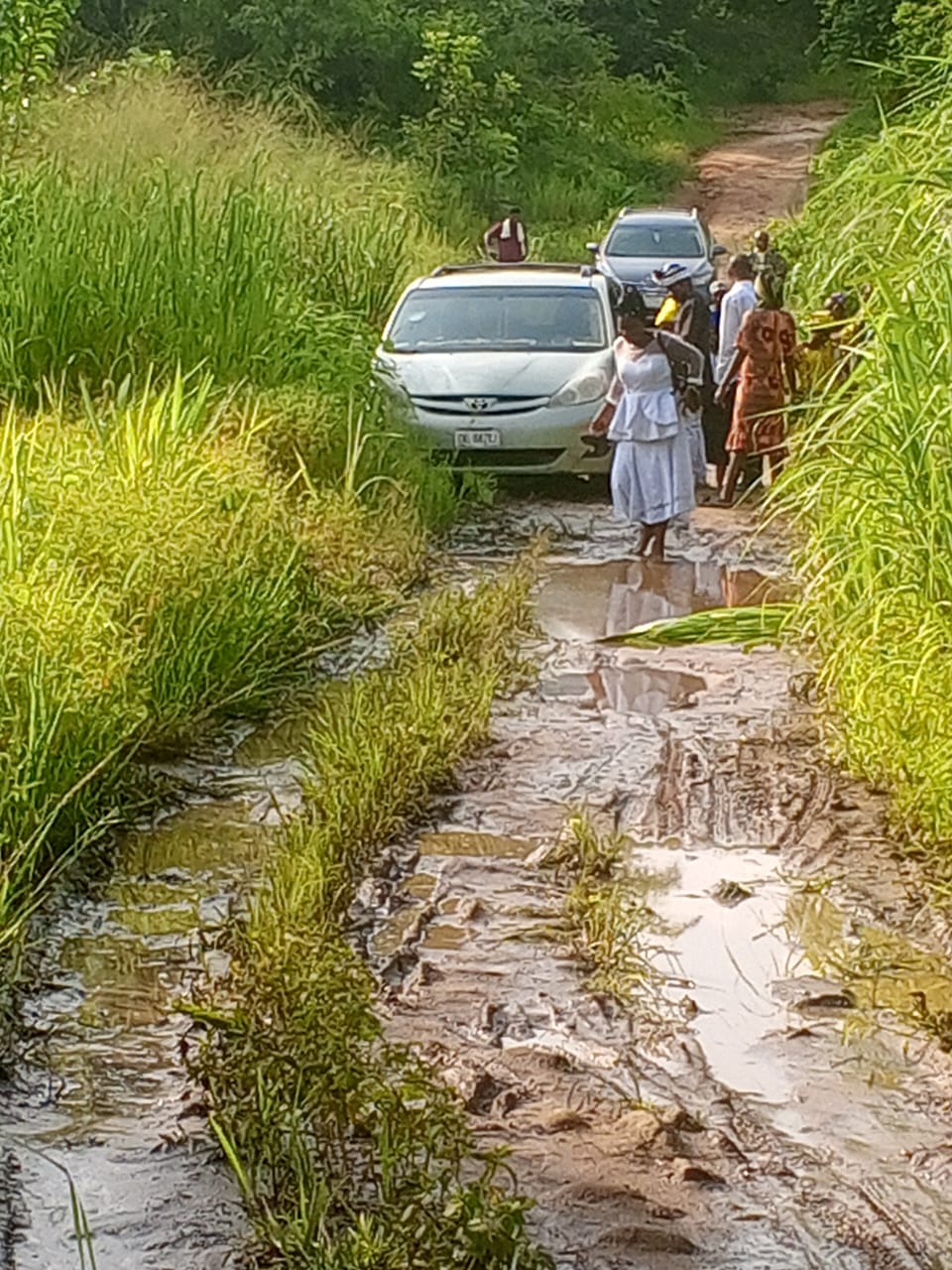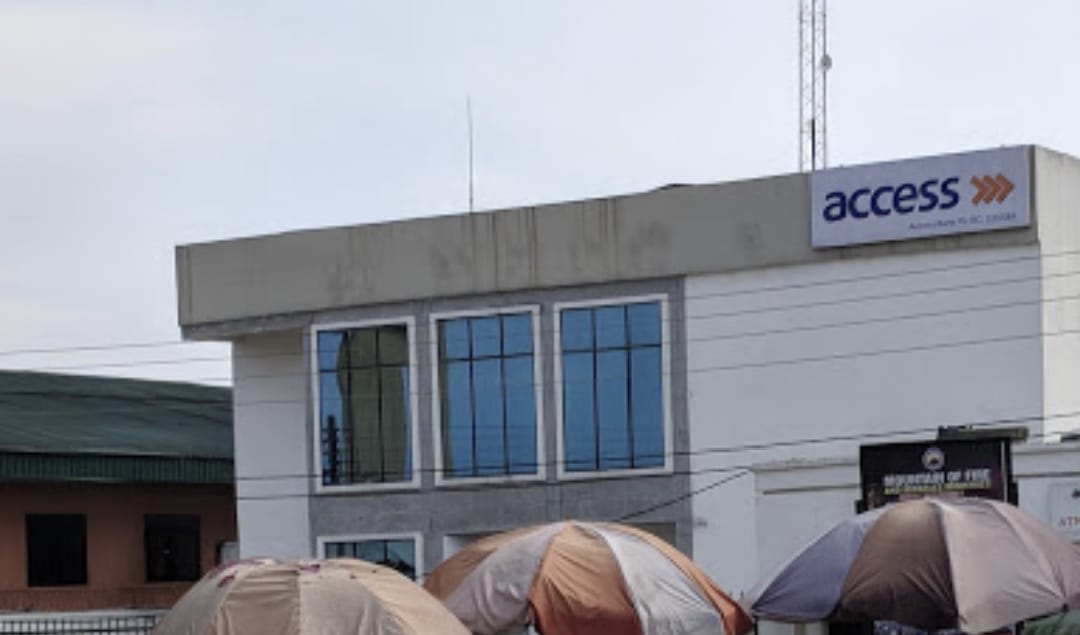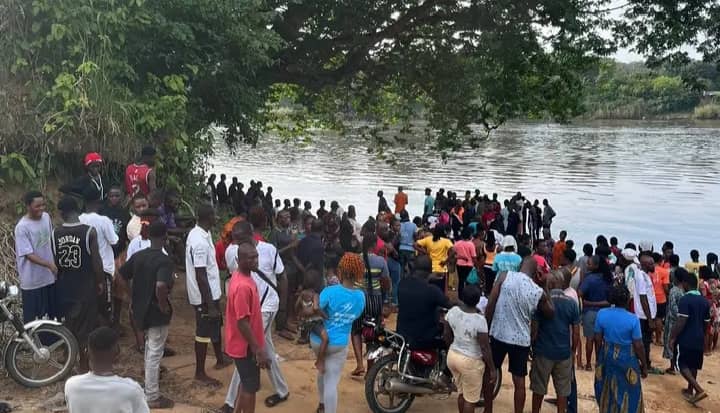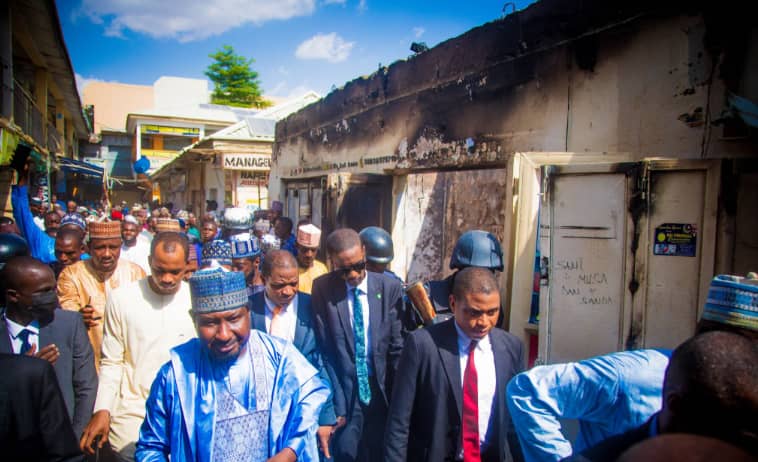By Christian Njoku, News Agency of Nigeria (NAN)
The year 2020 was a glorious one for the people of Bahumonu in Abi Local Government Area of Cross River because it was a year that marked the end of a 15-year communal war among four communities in the Bahumonu nation.
Like many other crises that have bedevilled Cross River communities in the last 20 years and more, the wars between Ediba and Usumutong communities and Ebom versus Ebijakara were mainly a tussle over land, even though there were other remote causes.
While the wars raged on from around 2005 with wanton destruction of lives and properties worth millions of naira, it created widows and orphans and exacerbated poverty in the warring communities.
For instance, as a result of the war that lasted for over a decade, indigenes of the Ebijakara community were sacked from their land and have not returned 4 years after the war ended.
Community Secondary School Usumutong that was destroyed is a shadow of itself, with its destroyed staff quarters overgrown with weeds; Ediba and Ebom Communities also suffered various degrees of destruction.
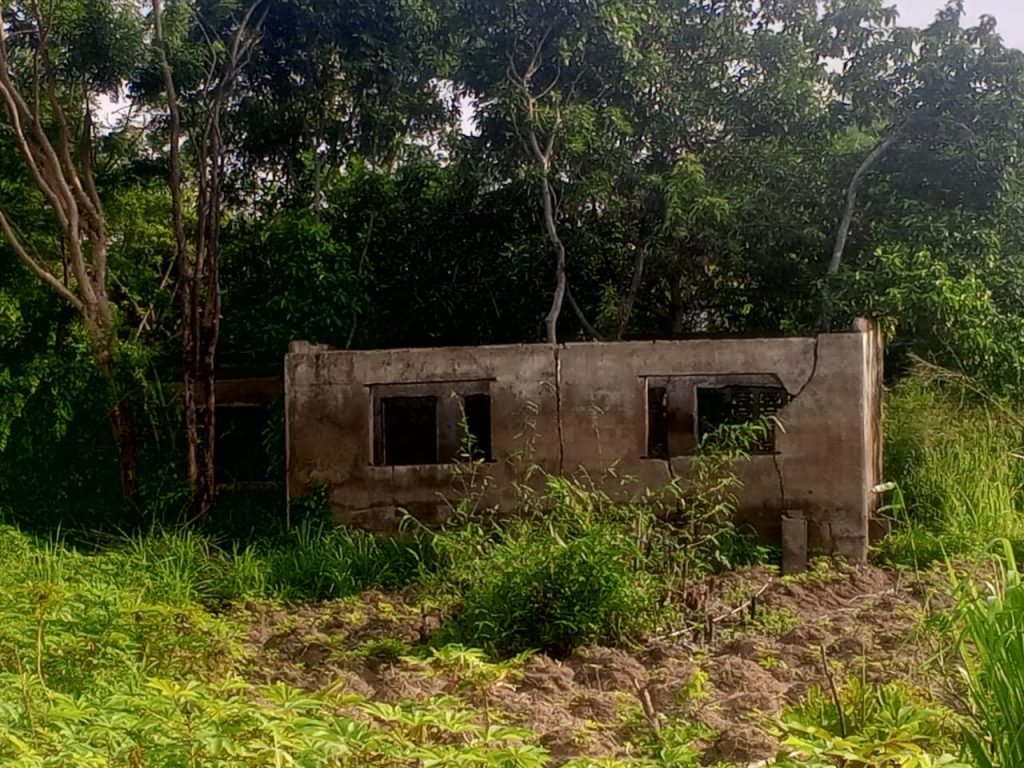
One of the survivors of the conflict was Mrs Janet Ekpe from Ebijakara, who lost her husband and every property they owned in the war.
Narrating her ordeal, Ekpe said she and her children suffered so much during the conflict, adding that, though she was happy that the war was over, she was still in pain as her wounds were yet to heal.
“Apart from losing my husband to the war, the crisis prevented my children from going to school, our house was destroyed, and we were sacked from our community.
“As we speak, my children are scattered all over the nation because I cannot take care of them while I survive by taking small farmland on lease, which has not been easy; I have cried and begged just to get something to survive on.
“This is why I plead with the state government to help us go back to our land and in the construction of houses because we are still suffering even though the war is over,” she said.
For Mr Nkam Igiri, a businessman from Ebom Community, the place where he did his business and lived was burnt down during the war.
“I am happy that the war ended 4 years ago but since it did, we have not really seen much progress in the communities.
“Some of us who lost everything, including our means of livelihood, are still struggling to find something to do to put food on our tables and send our children to school. The government needs to help us,” he asserted.
A visit by NAN to the ancestral land of the Bahumonu nation in Otumosa and some of the communities recuperating from the years of carnage showed that they still lacked basic amenities such as electricity and a good telecommunication network.
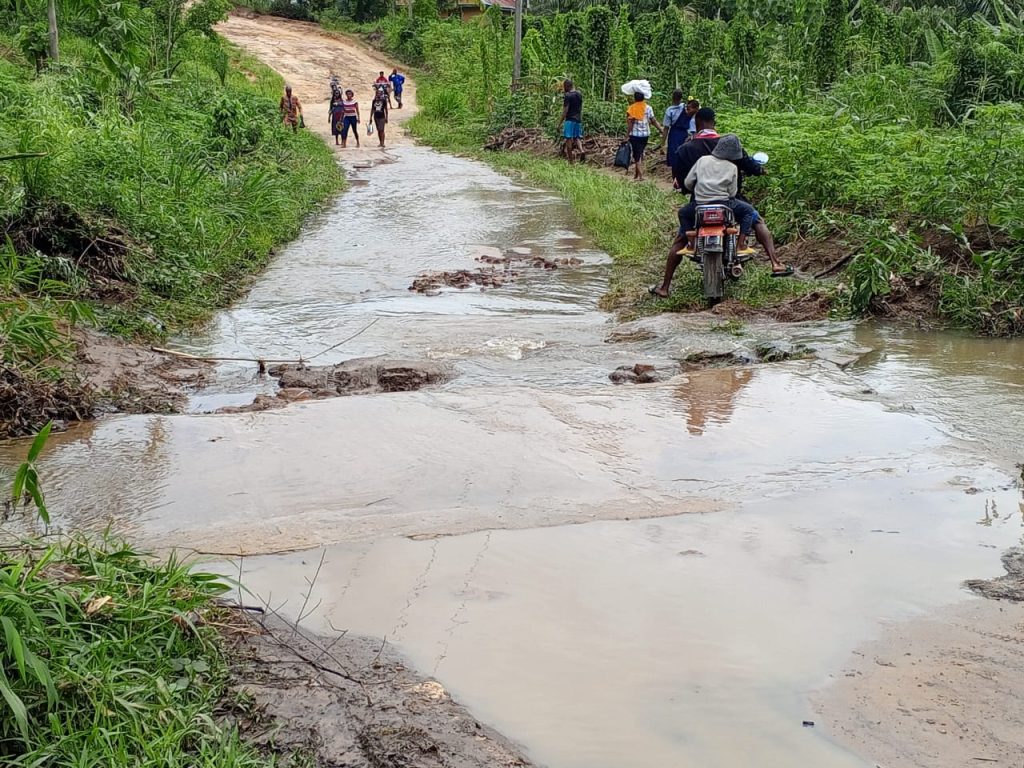
The roads were in bad shape, especially the Ring Road that connects the nine communities of Bahumonu; their schools and health centres look dilapidated, and by the Riverside that demarcates Bahumonu from Ebonyi, there were no jetties.
Reiterating the present condition of the four communities that decided to drop arms and toe the line of peace, Mr Earnest Abam, Central Youth Leader of the Bahumonu Nation said though peace had returned, there were key areas they still needed to work on.
READ ALSO: Ekpo hails BFPCL, COSCO methanol vessel acquisition deal, set to drive economic growth, job creation
“There are some striking issues that caused the war in the first place that are yet to be resolved such as the permanent boundary between Usumutong and Ediba communities.
“Also, we are yet to resolve the discontentment between Ebom and Ebijakara for the latter to return to their land from where they were sacked during the wars.
“The conflict lasted for years, people have died on all sides, and we are putting heads together to see how we can placate hearts to bring about peace and coexistence,” he affirmed.
Abam, however, added that they now realised that war did them no good and they would never pick up arms again while calling on the state government to come in and help them consolidate on the peace achieved by entrenching development
On his part, His Royal Majesty Solomon Edward, Chairman of Cross River State Traditional Rulers Council and Paramount Ruler of Abi LGA, told NAN that it had been difficult to fully resolve the issues, even after the fighting ended four years ago.
Edward who doubled as the traditional ruler of Usumutong community said the elders have continued to disagree adding that it was sad that some people were still bitter that peace returned to the warring communities.
“I have continued to lay curses on anyone who does not want peace to reign among the communities that decided to say no to guns and machetes.
“We are still pushing to ensure that we fully resolve the issues and bring Ebijakara back to their land, but it is becoming more and more difficult because where we are asking them to stay, they are not comfortable with it.
“At this point, we appeal for the state government to come to our aid now to help us resolve some of the lingering issues that are hindering total peace,” he maintained.
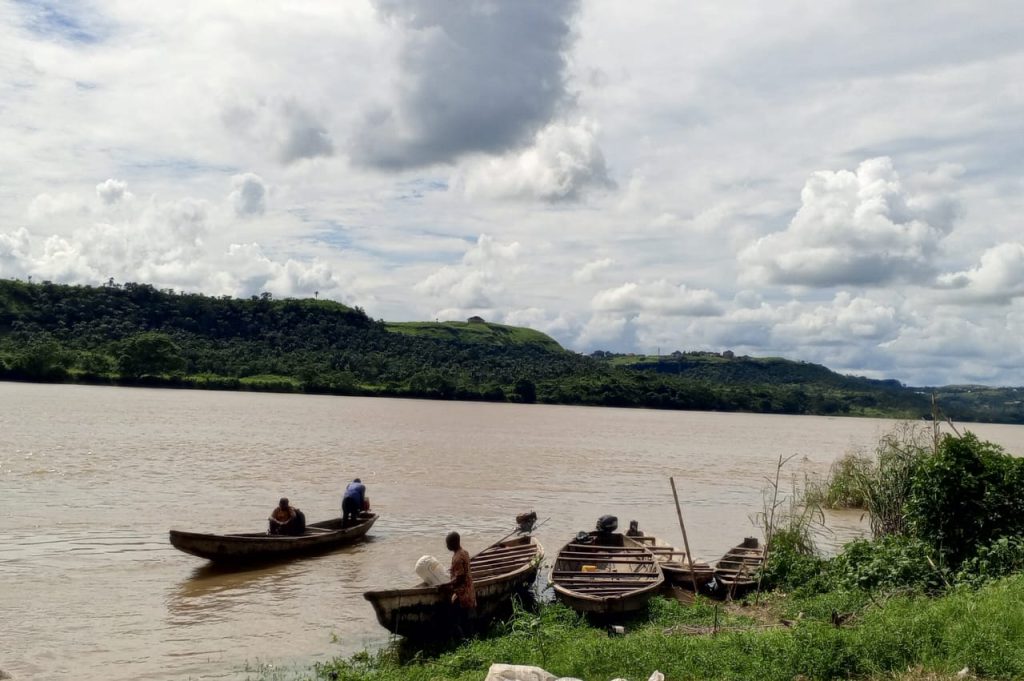
Although war-torn for about 15 years, the four communities had been relatively peaceful after the youths miraculously dropped arms in 2020; the markets now sold in whatever ramshackle tents were left after the fighting and people moved freely.
Speaking on the present situation, Mr Earnest Eteng, Chairman of Bahumonu Peace and Development Union, said things were getting better while thanking the youths for their doggedness in maintaining the peace that was achieved in 2020.
According to him, the youths were always the first to visit any scene where there was misunderstanding capable of resulting in violence, even without the elders knowing, to ensure that peace was sustained.
Eteng appealed to indigenes of the communities concerned to fully embrace peace so that the state government could come to their rescue in the area of infrastructural development, which was highly needed in the communities.
“The state government has accepted to help us but they said we must be ready to sign the peace agreement stating where each of the projects will be.
“That was what we were told in 2021 when the committee set up by former Gov. Ben Ayade came on a fact-finding mission in the Bahumonu nation; that position has not changed, he stated.
Responding to the state government’s development plan for the Bahumonu nation, Mr Collins Bassey, Community relations officer in charge of Abi LGA for Gov. Bassey Otu, claimed that the state had done a lot to ensure peace in Bahumonu.
He said the schools, roads and other infrastructures in the Bahumonu nation were in bad shape but the government was poised within the shortest possible time to bring development to the region.
Bassey, who noted that the construction of the ring road in Bahumonu was captured in the 2024 budget as the governor promised during his campaigns, said if there was no peace, there was no way the communities would attract government attention.
“The people lost so much, families lost properties and loved ones in the war, so I will not rest but continue to remind the governor of his promises to the Bahumonu people because, with Peace, there’s nothing we cannot achieve.
The war in Bahumonu may have ended but it is clear that the peace being enjoyed among the four communities today is fragile.
While many of the indigenes are still calmly aggrieved but recuperating from the emotional wounds and trauma, the issues that caused the war are still yet to be fully resolved four years later.
This is the time for the state government to do more than just empty rhetorics by picking up the report of the Ndoma Egbe-led committee set up by the former administration in the state in 2021 and commence implementation of its recommendations.
The Bahumonu nation is a cluster of nine communities that are well-known for their agrarian capabilities, especially in the production of rice in commercial quantities.
This must be developed in addition to other necessary basic amenities, especially in this era of low food production, to aid not just Cross River but Nigeria at large in the production of some of the nation’s everyday staples.
The indigenes themselves, who have seen how their once thriving communities were devastated, courtesy of communal wars, must learn that destruction is easy while rebuilding is quite difficult and expensive, and so, toe the line of dialogue instead.
The time to act is now to avoid any form of degeneration.






